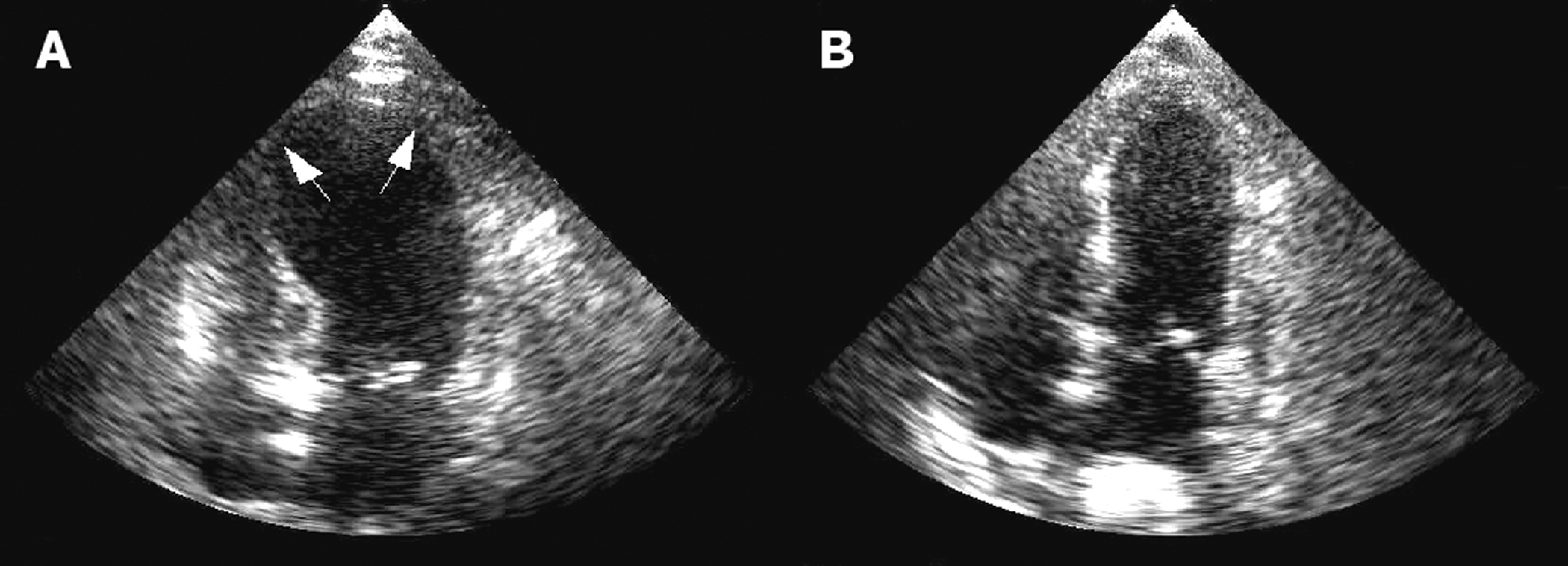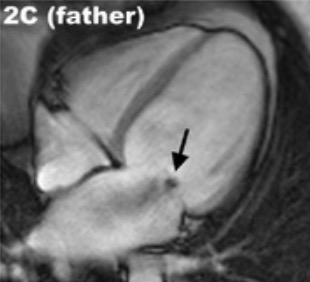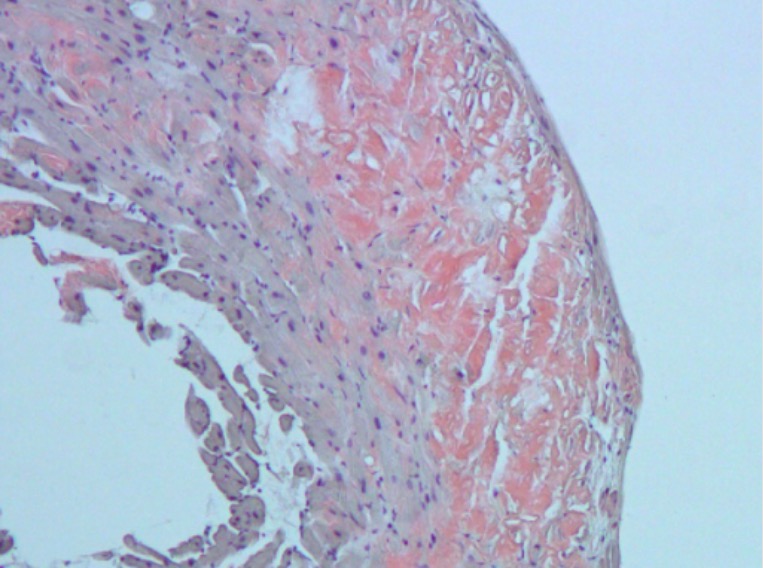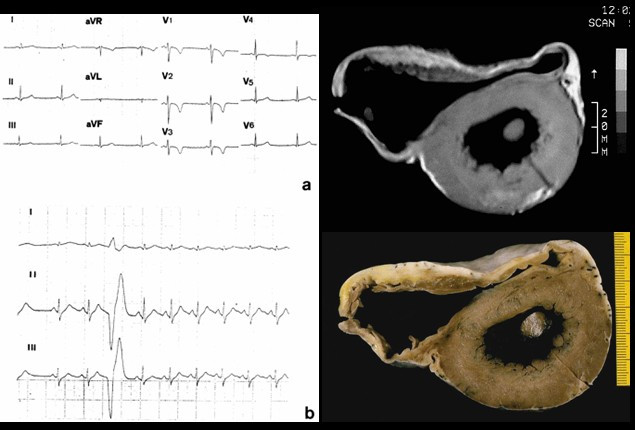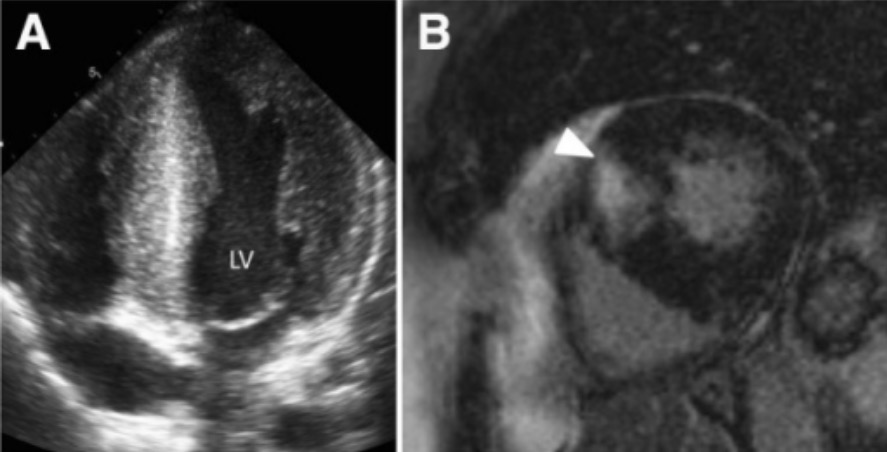Playlist
Show Playlist
Hide Playlist
Cardiomyopathy: Definition and Types
-
Slides Cardiomyopathy.pdf
-
Reference List Pathology.pdf
-
Download Lecture Overview
00:01 <b>Welcome.</b> <b>We're going to talk about a rather</b> <b>large but very important topic</b> <b>of basic heart muscle disease, or cardiomyopathy.</b> <b>We're going to do an overview, and then we</b> <b>will talk pretty much in three little bins,</b> <b>or three larger bins about the</b> <b>various forms of cardiomyopathy.</b> <b>While we are understanding more</b> <b>and more of the genetic basis</b> <b>underlying many of these</b> <b>intrinsic heart muscle diseases,</b> <b>it's still best to think about them</b> <b>in terms of their pathophysiology.</b> <b>So we will talk about a dilated or</b> <b>globoid, or kind of floppy heart.</b> <b>We'll talk about a very hyper dynamic</b> <b>heart, that's hypertrophic cardiomyopathy.</b> <b>And then we will talk about restrictive</b> <b>cardiomyopathy, which is a stiff heart.</b> <b>So let's start with a cardiomyopathy overview.</b> <b>As I've already stated, cardiomyopathy is basically</b> <b>a group of diseases that affect the heart muscle,</b> <b>and decrease its ability to pump blood.</b> <b>And that may be because it doesn't fill very</b> <b>well, or because it doesn't pump very well.</b> <b>And either one of those will lead</b> <b>to the overall effect that there's</b> <b>diminished ability to pump blood</b> <b>systemically to all the organs of the body.</b> <b>There can be primary causes of cardiomyopathy</b> <b>intrinsic to the cardiac muscle.</b> <b>There may be secondary forms due to diseases</b> <b>of other kinds that affect the cardiac muscle.</b> <b>We're going to use this kind</b> <b>of schematic to help understand</b> <b>the various forms of cardiomyopathy or the types.</b> <b>Looking at the normal heart, you</b> <b>can see them we've emphasized mainly</b> <b>the left ventricle and the left</b> <b>atrium and the aorta but you can also</b> <b>in some of the images that we're going to</b> <b>show affect the right ventricle as well.</b> <b>But the normal heart has normal closure</b> <b>valves, normal sized left atrium,</b> <b>normal sized left ventricle cavity, normal</b> <b>thickness of the myocardium and the left ventricle.</b> <b>In a dilated cardiomyopathy, we're gonna</b> <b>see kind of a globoid dilation of the heart.</b> <b>This is actually the most</b> <b>common cause of cardiomyopathy.</b> <b>Roughly 85 to 90% of cases are</b> <b>going to be dilated cardiomyopathy.</b> <b>And along with this dilation of the chamber,</b> <b>you can see that we're pulling those</b> <b>papillary muscles a little bit apart,</b> <b>which are tugging on the chordae tendineae,</b> <b>which are opening the mitral valve, and</b> <b>so there's marked left atrial dilation.</b> <b>Those are all part and parcel</b> <b>of a dilated cardiomyopathy.</b> <b>This also includes arrythmogenic</b> <b>cardiomyopathy previously called</b> <b>arrythmogenic right ventricular cardiomyopathy,</b> <b>because it predominantly</b> <b>affects the right ventricle.</b> <b>The important point about this is that</b> <b>it is a form of dilated cardiomyopathy.</b> <b>We'll cover it more later,</b> <b>so just keep that in mind.</b> <b>The flip side of the coin is</b> <b>hypertrophic cardiomyopathy.</b> <b>Hypertrophic cardiomyopathy is a thickened</b> <b>ventricle with a hyperdynamic heart,</b> <b>so there's more cardiac muscle mass.</b> <b>The outcome though, however, because of</b> <b>obstruction to the left ventricular outflow</b> <b>due to the thickness of the</b> <b>interventricular septum myocardium,</b> <b>can also lead to left atrial enlargement.</b> <b>So you can have some of the</b> <b>same general geographic effects.</b> <b>And then there's restrictive cardiomyopathy where</b> <b>the chambers of the heart look pretty normal,</b> <b>the thickness of the wall looks pretty normal.</b> <b>But because we have infiltrated the</b> <b>myocytes, or the the myocardium,</b> <b>with various things like fibrous</b> <b>connective tissue, or amyloid,</b> <b>the walls are stiff so they don't relax very well.</b> <b>We're going to cover each of these in turn</b> <b>these kind of basic pathophysiologic forms -</b> <b>dilated, hypertrophic, restrictive, and talk</b> <b>about the etiologies and the consequences.</b> <b>Let's start first with dilated cardiomyopathy.</b> <b>In general, split about 50/50.</b> <b>The numbers change because we're</b> <b>finding more genetic causes,</b> <b>but at roughly 50/50 genetic</b> <b>causes and non-genetic causes.</b> <b>These dilated cardiomyopathies cause systolic</b> <b>dysfunction, so they don't squeeze very well.</b> <b>They actually fill pretty well, they're</b> <b>pretty floppy, so they fill okay,</b> <b>they just don't squeeze the blood out so</b> <b>ejection fractions will be markedly diminished.</b> <b>In hypertrophic cardiomyopathy, we know it's</b> <b>about 100% of cases have a genetic cause</b> <b>and we understand the vast majority of those.</b> <b>In this case, it's not systolic</b> <b>dysfunction, they squeeze great.</b> <b>In fact, they squeeze too well,</b> <b>but they don't relax very well.</b> <b>So they're like hard driving</b> <b>medical students around the world.</b> <b>They work really hard and</b> <b>they don't relax very well.</b> <b>So it's diastolic dysfunction.</b> <b>And then a restrictive cardiomyopathy.</b> <b>As I've already stated, it's associated with</b> <b>some systemic disorders, or it may be idiopathic.</b> <b>And the fundamental problem is that it's</b> <b>diastolic dysfunction, it's a stiff heart.</b> <b>There's not a lot of muscle there,</b> <b>or not excessive increases in muscle,</b> <b>but it's stiff, and therefore</b> <b>you have diastolic dysfunction.</b> <b>It doesn't relax to fill very well.</b> <b>In all the cases, whether it's</b> <b>dilated, hypertrophic or restrictive,</b> <b>the clinical presentations</b> <b>are pretty much the same.</b> <b>It's heart failure, we have inadequate pump</b> <b>function to perfuse the rest of the body.</b> <b>And as the heart either dilates, and</b> <b>the valves fail, or as we have increased</b> <b>squeezing with poor relaxation, we tend</b> <b>to get regurgitant flow into the atrium,</b> <b>We get left atrial enlargement</b> <b>that leads to atrial fibrillation.</b> <b>A combination of atrial fibrillation,</b> <b>a kind of quivering left atrium,</b> <b>and diminished flow through that left</b> <b>atrium with a dilated left atrium</b> <b>is going to make that portion of</b> <b>the heart prone to forming thrombi,</b> <b>so patients can also present with</b> <b>stroke and with sudden cardiac death</b> <b>due to either embolization</b> <b>or to sudden arrhythmic events.</b> <b>So the final consequences of all</b> <b>these are pretty much the same.</b> <b>How we get there in each of</b> <b>them is a little bit different.</b>
About the Lecture
The lecture Cardiomyopathy: Definition and Types by Richard Mitchell, MD, PhD is from the course Cardiomyopathy.
Included Quiz Questions
What is cardiomyopathy?
- Diseases that affect the heart muscle and decrease the ability to pump blood
- Diseases that affect the heart valves and decrease the ability to pump blood
- Diseases that affect the heart pericardium and restrict the ability to pump blood
- Diseases that affect the electrical activity of the heart and decrease the ability to pump blood
- Diseases within the mediastinum that restrict the ability to pump blood out of the heart
What is the most common form of cardiomyopathy?
- Dilated cardiomyopathy
- Restrictive cardiomyopathy
- Hypertrophic cardiomyopathy
- Arrhythmogenic right ventricular dysplasia
- Takotsubo cardiomyopathy
Which of these conditions is most frequently associated with a genetic etiology?
- Hypertrophic cardiomyopathy
- Dilated cardiomyopathy
- Restricted cardiomyopathy
- Arrhythmogenic right ventricular dysplasia
- Systolic cardiomyopathy
Customer reviews
5,0 of 5 stars
| 5 Stars |
|
5 |
| 4 Stars |
|
0 |
| 3 Stars |
|
0 |
| 2 Stars |
|
0 |
| 1 Star |
|
0 |

